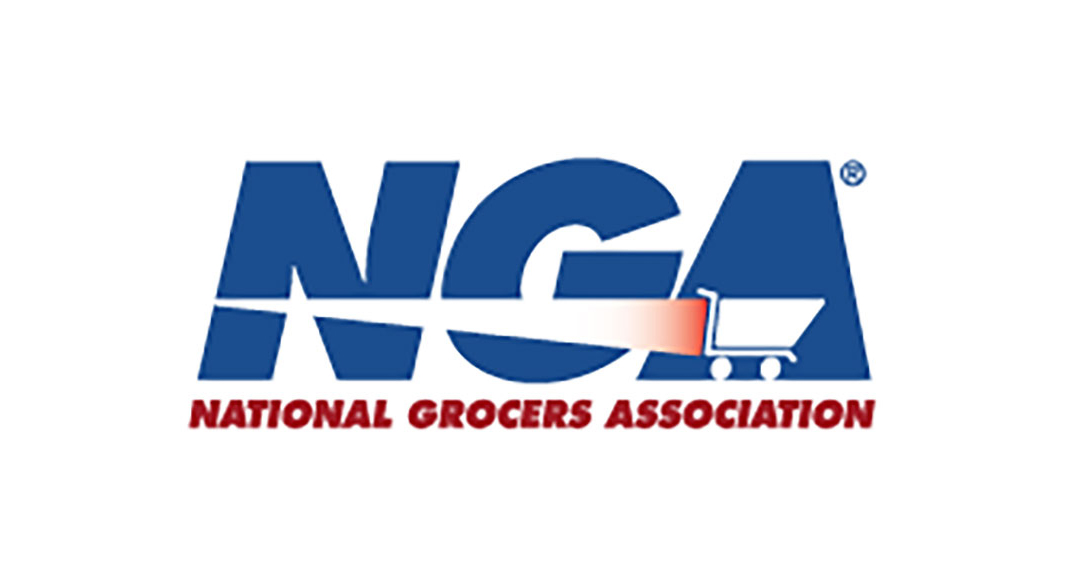The National Grocers Association (NGA), the trade association representing the independent supermarket industry, released a statement from NGA President and CEO Greg Ferrara on the U.S. Senate including a fix to the retail glitch—a drafting error in the Tax Cuts and Jobs Act (TCJA) of 2017 that harms retailers—in the Coronavirus Aid, Relief and Economic Security (CARES) Act.
“NGA applauds the Senate for fixing the retail glitch, a drafting error in the TCJA that has significant impacts for independent retailers serving communities across the country. This fix comes at a critical time, as grocers throughout the country are making tremendous sacrifices serving customers during the Coronavirus (Covid-19) outbreak. Independent grocers are the backbone of the U.S. economy and can now invest in their businesses and continue to serve communities during this challenging time,” Ferrara stated.
The TCJA included a provision providing businesses with a 100 percent bonus depreciation to be used to write off the full costs of short-lived investments immediately. Congress intended to help retailers invest in their businesses with the inclusion of this provision. However, due to a drafting error, some categories of business investment, most notably qualified improvement property, or “QIP,” were excluded from being 100 percent eligible for bonus depreciation. Due to this error, retailers making investments to improve their stores have faced a more restrictive cost recovery period that is twice than under the prior law.
NGA is the national trade association representing the retail and wholesale grocers that comprise the independent sector of the food distribution industry. An independent retailer is a privately owned or controlled food retail company operating a variety of formats. The independent grocery sector is accountable for close to 1 percent of the nation’s overall economy and is responsible for generating $131 billion in sales, 944,000 jobs, $30 billion in wages and $27 billion in taxes. NGA members include retail and wholesale grocers, state grocers associations, as well as manufacturers and service suppliers.

